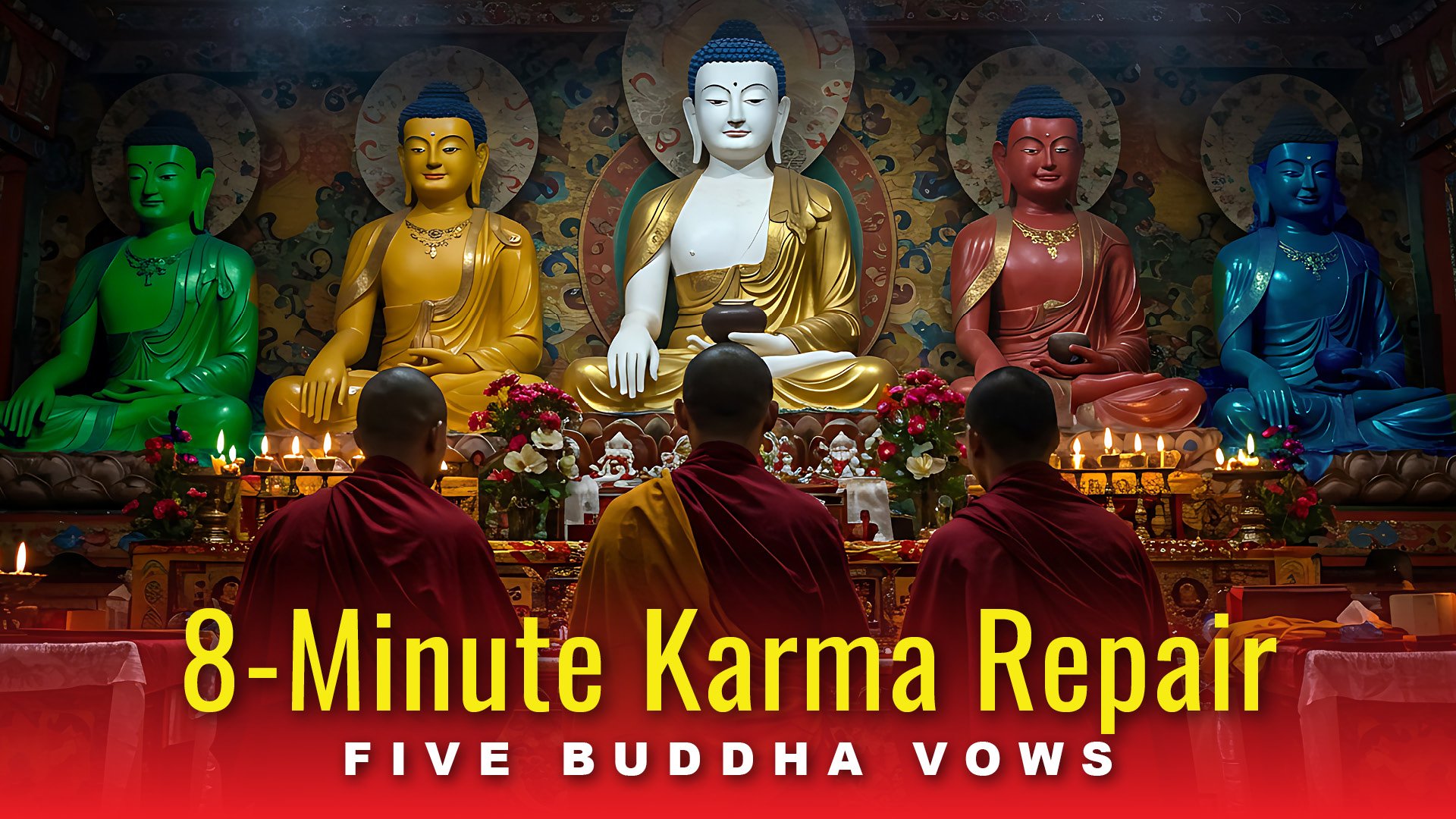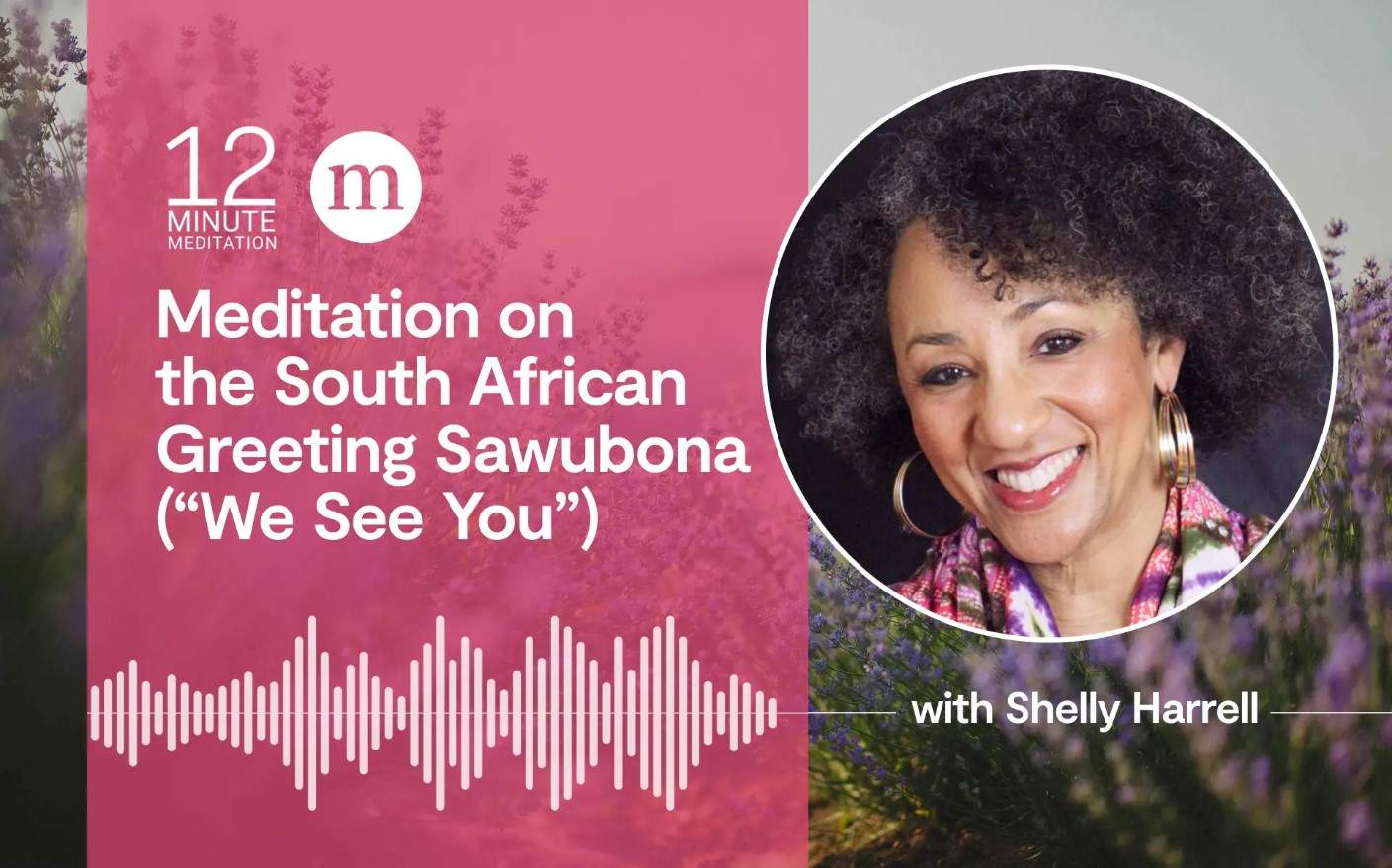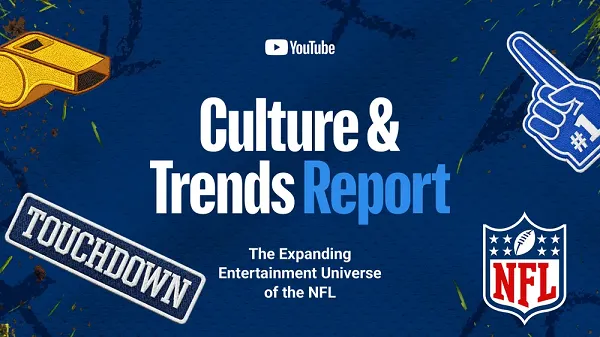Facing the Music of Our Times with Metta
Tapping into African American wisdom through song The post Facing the Music of Our Times with Metta appeared first on Tricycle: The Buddhist Review.

“This is precisely the time when artists go to work. There is no time for despair, no place for self-pity, no need for silence, no room for fear. We speak, we write, we do language. That is how civilizations heal.”
—Toni Morrison, “No Place for Self-Pity, No Room for Fear”
The twenty-fourth chapter of the Lotus Sutra is known as the Wonderful Sounds chapter. It is there that Shakyamuni Buddha introduces Bodhisattva Wonderful Sound, who, for 12,000 years, served the Buddha by making offerings of music played on 100,000 kinds of musical instruments. In Nichiren Buddhism, there are three kinds of offerings: offerings of goods, offerings of the Law, and offerings of fearlessness. Musical offerings can be said to encompass all three. When I consider what might make up the musical offerings of Bodhisattva Wonderful Sound, I am reminded of the ever-evolving instrumentation, vocalization, and revelation in the music of the African Diaspora, which has been offering courage and wisdom to humanity for millennia. Furthermore, in each genre of African American music, we find exemplars of the transmutation of suffering: encouraging songs of fearlessness, sagacious songs of impermanence and interdependence, and songs of self-transcendent joy, all of which illustrate how Black music contains spiritual guidance that deepens our insight and empowers wise, courageous action.
For me, the bodhisattva vow to save all beings is a commitment to a creative life wherein we alchemize not only our own sufferings but all suffering. Understanding our lives to be completely interdependent, we engage the suffering of the world because our own wisdom and power grow when we do so.
This can be challenging, however, because we humans are subject to the fluctuations of our own minds and the capricious nature of life. Human spiritual vagrancies often manifest as cruelty, impulsivity, and detachment from nature, which furthers delusion and chaos in our inner lives and the world we shape. It can be difficult to live by the bodhisattva vow consistently unless we continually refresh our determination because our minds and circumstances are often irresolute.
Yet Black cultural life offers countless examples of resolute self-expression aimed at liberation. Black dialect, fashion, music, poetry, graphics, protest, dance, and creative movement can be understood as Black rites in the service of Black human and civil rights. Hence, the exploitation of Black music by those with no interest in Black liberation is cultural appropriation: Much of what is whitewashed as “American” music is actually African American music. Honoring it as such disrupts the common dismissal of Black music as mere entertainment and recognizes that it comes from the pain of oppression transformed and the aspiration for justice. Larcenous cultural appropriation and commodification is toxic to spiritual growth and wastes the valuable lessons we could learn from Black artists about transforming experiences of tyranny into spiritual triumph and prosocial action.
The history and theology of Buddhism also offers lessons in endurance and triumph. Remonstrating with the military government of the 13th century, Kamakura Shogunate, in his pivotal treatise “On Establishing the Correct Teaching for the Peace of the Land,” Nichiren Daishonin charted a path for humans to live justly and peacefully. He advised the government that the safety and security of the people necessitated centering the wisdom of the Lotus Sutra, which champions the equality and inherent enlightenment of all beings. Then, in the timeworn tradition of tyranny, he was arrested, beaten, and exiled. That is what happens when we stand up to authoritarianism. About a year and a half later, he wrote “The Four Debts of Gratitude,” where he states, “Concerning my present exile, there are two important matters that I must mention. One is that I feel immense joy. The reason is that this world is called the saha world, saha meaning endurance. This is why the Buddha is also called ‘One Who Can Endure.’ ” What the Daishonin is elucidating here is that both wisdom and joy proceed from equanimously enduring life’s vicissitudes with a commitment to liberation of all beings.
I draw my capacity to endure from both my bodhisattva vow and the self-transcendent resolve of our African American forbears and contemporaries. Black people’s capacity and labor to cultivate our humanity and the land while singing, planting, dancing, writing, praying, and building created and continues to create exponentially generative genres of creative alchemy, even as we endure relentless stages of brutality, carcerality, and pilfery. For centuries, from the torturous work camps and rape sites euphemistically known as plantations, through the deprivations and humiliations of Jim Crow, to our current era of government-led racial violence and predation, Black people have been composing and singing resilient resistance and joy into the world. Despite proliferating “adaptation” by white performers and the music industry (aka stealing and uncredited appropriation), the songs, traditions, and genius of Black music endures and flourishes.
Historically, most Africans practiced Islam or indigenous African religions before being kidnapped and enslaved. Animism is a core feature of many African religions, and we can hear those animist roots in the constant references to natural elements in music created by enslaved people and their descendants. Forced to accept Christianity as their religion, they found a way to express communion with nature and assert their humanity in song. Some of these songs, like “Precious Lord, Take My Hand,” were also used as coded messages whereby enslaved people alerted one another of opportunities to escape bondage. Harriet Tubman sang the African American spiritual “Wade in the Water” to warn those escaping slavery to get off the roads and travel in the shallows of the river so that the dogs being used by traffickers could not sniff out their trail. “Swing Low, Sweet Chariot” was also a song Tubman used to alert the enslaved of impending trips on the underground railroad.
Witnessing the horrors against humanity being perpetrated in the US and globally now, we may become impatient and lose hope of ever having a peaceful, just world. Daisaku Ikeda said, “Patience is, in and of itself, a great challenge and it often holds the key to breaking through a seeming impasse.” As we navigate the greed and anger-driven tragedies of our time, endurance is the spiritual strength we must call forth, and it grows only when we resolve to grow it. When we greet challenges with a determination to grow heart strong from lifting the weights lying heavy on our hearts and souls, we expand, and the true meaning and purpose of our lives unfolds. Gospel songs like “I Don’t Feel No Ways Tired,” written by Curtis Burrell and popularized by James Cleveland, epitomize this determination to advance energetically despite the exhausting nature of oppression. This reminds me of Nichiren Daishonin’s declaration, “Because I have expounded this teaching, I have been exiled and almost killed. . . . But still I am not discouraged.”
All liberation work is art because transmutating suffering requires creativity.
Endurance helps us make our lives into long runways on which we can apply our unique wisdoms and talents to building a future without human devaluation and degradation of the environment. The paramita of endurance (Pali: khanti) and the paramita of skillful means (Pali: upaya) help us persevere as we call forth our creative capacity to conceive and convey liberatory actions that meet the moment. All liberation work is art because transmutating suffering requires creativity.
Through Gospel music, Black people guide us to our inherent strength of spirit. African American humor and pathos marry in the music of the Blues, which helps us hold sorrows in creative reverence such that the weight of them is manageable and facing them becomes cathartic. Lou Rawls’s song “Tobacco Road” speaks of the deprivations of marginalized communities while at the same time expressing gratitude for the communion Black people develop in these spaces. In Rhythm and Blues music, burdens are accompanied by beats that invite somatic release. R&B songs like Frankie Beverly and Maze’s “Joy and Pain” articulate in lyrics what Buddhism says in liturgy: that “joy and pain are one and the same,” evoking our equanimity as we sing along. Their song “We Are One” speaks to interdependence eloquently and mellifluously. Written and performed by Sam Cooke, “A Change Is Gonna Come” is a timeless wisdom transmission that combines puissant vocalizations of grievous realities with stirring instrumentals to solemnly evoke resilient hope by reminding us that although “it’s been a long time comin’. . . a change is gonna come.”
Engaging with the dukkha of injustice is necessary to fully appreciate Black music. Black people often say “they want our rhythm but not our blues,” referring to how non-Black people want to vibe to Black music (and culture) but have no interest in the pain we transform to create it, even as they benefit from the white supremacy that causes our pain. In the jazzy blues tune “Feeling Good,” Nina Simone calls us to release the shackles of oppression, connect with nature, and claim well-being. Yet we regularly see that song played in commercials and movie soundtracks while a wealthy white person basks in some new advantage. We do ourselves justice when we recognize those as examples of the commodification of Black music to promote white privilege. Mos Def has a funny and true song called “Rock N Roll,” where he sings about each genre of “American” music and how Black struggle and leadership in those genres gets erased.
Black music also inspires us to protest violence, as with Billie Holiday’s “Strange Fruit,” which calls out lynching, Nina Simone’s “Missisippi Goddam,” which expresses outrage at racial violence, and John Coltrane’s “Alabama,” which was written in response to the 16th Street Baptist church bombing.
 John Coltrane and Alice Coltrane, “Swing Journal”, September 1966 issue. | Image via Wikimedia Commons
John Coltrane and Alice Coltrane, “Swing Journal”, September 1966 issue. | Image via Wikimedia CommonsThese days, there seem to be devastating losses due to racial violence hourly—often enacted by executive order in the US. We have witnessed tacit condoning of racial violence via the loss of even minor police accountability provisions that were established after George Floyd’s murder, and the reemergence of AIDS and other deadly diseases due to the termination of US-funded health and vaccination programs in historically exploited countries, a role the US had played in the Global South for decades. We watch the demise of due process as countless people are dragged from their jobs and homes without warrants, alongside the loss of the right to free speech as we see those speaking up violently kidnapped into carcerality. In the past year and a half we have also watched the US continue to fund the genocide and fail to protect the people in Gaza from intentional starvation, theft, and murder. We spend hours on our devices despite knowing that 70 percent of the cobalt that powers our technology comes to us from children enslaved in the mines of Congo, with the full knowledge of Apple, Samsung, Tesla, and ourselves.
Facing the domestic and international heartbreaks of each day is necessary since, as James Baldwin stated, “Not everything that is faced can be changed, but nothing can be changed until it is faced.” It is easy to become desensitized and give up on trying to enact justice as we scroll through all the suffering of the world. What does the practical day-to-day task of maintaining your humanity and acting on your empathy look like? How will you face the challenges of the time with courage to enact your bodhisattva vow? What is your karmic assignment at this time? Incorporating these queries into daily practice can help us fulfill the purpose of our existence in this lifetime.
Paying attention to how the overwhelming greed-driven violence may be diminishing our hope, our courage, and our resolve is key. Dr. King said, “Our lives begin to end the moment we become silent about things that matter.” We must ask ourselves, “Have I been silent today and thus invited some ending to my vitality?”
We can develop resilience-building rituals to guide us toward right action by engaging Black music to ground us in our vow. Then we can bear witness, as we must, to the suffering in the world, and then listen to inspiring music again to reset our resolve and plan action for justice.
In the fifteen years I taught at Howard University, one of the most beautiful rituals I participated in was singing “Lift Every Voice and Sing” at every convocation and graduation. This song, known as the African American national anthem, is a call to action, with the repeated refrain, “facing the rising sun, of a new day begun, let us march on till victory is won.”
I encourage everyone to begin each day with a song, be it a song of equanimity, a song of hope, a song of resolve, or a jazz tune that allows your creativity to emerge as nonlyrical harmonies and melodies resound. Music helps us self-regulate, set intentions, and develop positive coping mechanisms.
Black Buddhist teachers, including myself, Ruth King, Reverend Larry Ward, Dr. Marisela Gomez, and many others, regularly engage Black music in our retreats, and this is a growing practice amongst Buddhist leaders. Musician Ofosu Jones-Quartey has not only created Buddhist songs in various African American genres of music but he also has a new book about it called Lyrical Dharma. Prolific Buddhist author Pamela Ayo Yetunde has a new book entitled Dearly Beloved: Prince, Spirituality, and this Thing Called Life.
The union of sorrow and joy expressed in Black music is often consummated in movement—swaying to the blues, nodding our heads to the beats of hip-hop, or dancing all out to uplifting songs like “Optimistic” by Sounds of Blackness. Hip-hop songs, like Chronixx’s “Black is Beautiful” and Tupac’s “Keep Ya Head Up,” and meditative pieces like Mumu Fresh’s “I AM WELL” guide us to vocalize our intentions for peace as we affirm our commitment to justice and well-being. We are guided to liberation from restricted forms of expression through the improvisation and emotional freedom of jazz. R&B music often juxtaposes difficult themes with buoyant music that encourages us to release the grief through movement and embody the empowered stances we wish to take in the world. It is Black people who teach us to sing our blues and rap our power. Black people continue to teach humanity that music—and the spiritual inclination to transform suffering into beauty—allows us to rest in peace while we are still living, no matter the circumstances.
We can allow these wonderful sounds (and more) to be the container that holds all that we feel as we meet the present with resolve. We can let music be a place of peace from which we work to create peace in the world around us. What will be on your playlist as you face the music of our times and fulfill your karmic assignment?
What will be on your playlist as you face the music of our times and fulfill your karmic assignment?
Knowing that people now get kidnapped in the US by masked “agents” (and sent to “detention centers” where they can be enslaved) for writing articles or posting on social media about peace and justice, I feel afraid every time I do so. As James Baldwin states, “It is one thing to know that you will die, it is another thing to know that you may be killed.” Still I choose not to enact the living death Dr. King described: the death of the soul that occurs when we avoid addressing injustice. Instead, I will fulfill my karmic assignment and speak up for justice until my last breath. Weeping through the weekend after another Friday flash of fascist violence, I turned on a music channel, seeking to create a container for my grief—an aural vestibular system to restore me to balance. The first music video that popped up was Gregory Porter singing “No Love Dying,” with trailblazing jazz artists and Buddhist practitioners Wayne Shorter and Esperanza Spalding in the audience. My resolve quickened, and I was returned on the wings of song to my bodhisattva vow. This song extends the legacy of gospel music in a nondenominational vocalization of the paramita of metta as Porter shouts that he will not let love die within him and around him. Because of the joyful endurance that flows ceaselessly from the fountain of my bodhisattva vow and my ancestral lineage, our ancestral lineage, of Black wisdom embodied in song, I resolve that at the end of this existence, the lyrics that will be in my heart as I chant the daimoku—whether I leave this life in comfort or in chains —are, “There will be no love dying here.”

 MikeTyes
MikeTyes 































